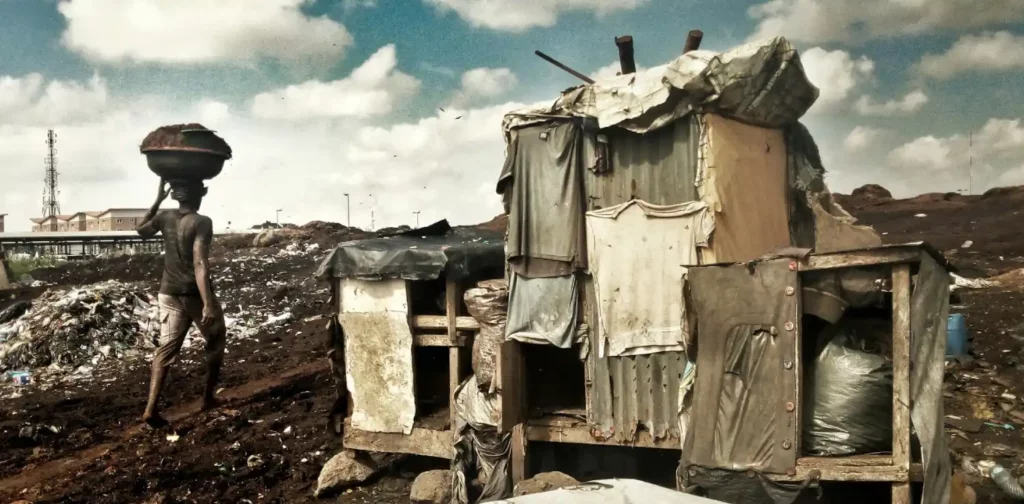In the Time of Cholera Outbreaks in Africa

Photo by Rémy Ajenifuja on Unsplash
Cholera is still among us. Touted as ’a disease of poverty’, cholera is an indicator of global inequity. The disease remains a threat in regions with inadequate access to clean water and basic sanitation, such as in Eastern and Southern Africa. In 2024, climate change, the lack of development, and other factors lead to one of the worst cholera outbreaks in the region.
Cholera Outbreaks in Africa
The first global cholera outbreak occurred in the 19th century. After a decline in cholera cases worldwide from 2017 through 2021, the numbers have been rising again.
As of March 2024, Africa has recorded over 340,000 cholera cases and 6,000 deaths in 18 countries since January 2022. WHO has classified six countries as being in ‘acute crisis’: Comoros, Democratic Republic of Congo, Ethiopia, Mozambique, Zambia, and Zimbabwe.
Worse, these cholera outbreaks are unusually deadly. Most people infected by Vibrio cholerae do not develop symptoms, and those who do usually have mild symptoms. Unfortunately, the severe forms can cause acute watery diarrhea, resulting in severe dehydration. It can kill if left untreated.
The high fatalities affect children and adolescents the most, with up to 40% death rates in children under five. Furthermore, these outbreaks result in school closures across the region, impacting not only the education but also the safety, mental health, socialization, and protection of children.
Compounding Factors
Cholera is a bacterial infection that can cause acute diarrhea from ingesting contaminated food or water. Therefore, areas with a lack of access to safe, clean water and sanitation facilities—such as urban slums and refugee camps—are at risk.
“When you look at here, in Njele shanty compound, it is full of water, and children play in this dirty water barefoot. That is why the issue of cholera will continue in Njele compound: because there are diapers with feces all over the place,” said Elias Banda, a local from a township in Zambia.
Then, climate change makes things worse. It causes extreme weather events like droughts, cyclones, heavy rainfall, and major floods. Conflicts, like the ones in Sudan and Palestine, can also exacerbate the situation. These occurrences further limit access to clean water and sanitation, trigger population movement due to displacement, and strain healthcare systems.
The global cholera vaccine shortage also contribute to the strained healthcare systems. Sanofi India, a company that used to produce 15% of the world’s supply, has stopped manufacturing its vaccines since 2023.
Preventable & Treatable
In modern times, cholera should be preventable and treatable. Surveillance, improved water and sanitation systems, widespread vaccination, behavioral changes, and more efficient case management are key to controlling cholera outbreaks and reducing deaths. Ultimately, grassroots initiatives, government programs, as well as international funding, frameworks, and collaborations must work together to end poverty and ensure adequate living situations that prioritize the health and wellbeing of everyone.

Co-create positive impact for people and the planet.
Amidst today’s increasingly complex global challenges, equipping yourself, team, and communities with interdisciplinary and cross-sectoral insights on sustainability-related issues and sustainable development is no longer optional — it is a strategic necessity to stay ahead and stay relevant.

Nazalea Kusuma
Naz is the Manager of International Digital Publications at Green Network Asia. She is an experienced and passionate writer, editor, proofreader, translator, and creative designer with over a decade of portfolio. Her history of living in multiple areas across Southeast Asia and studying Urban and Regional Planning exposed her to diverse peoples and cultures, enriching her perspectives and sharpening her intersectionality mindset in her storytelling and advocacy on sustainability-related issues and sustainable development.


 Reframing Governance in the Era of Water Bankruptcy
Reframing Governance in the Era of Water Bankruptcy  Strengthening Resilience amid Growing Dependence on Space Infrastructure
Strengthening Resilience amid Growing Dependence on Space Infrastructure  Indian Gig Workers Push Back Against 10-Minute Delivery Service Strain
Indian Gig Workers Push Back Against 10-Minute Delivery Service Strain  Call for Governance: Grassroots Initiatives Look to Scale Efforts to Conserve Depleting Groundwater
Call for Governance: Grassroots Initiatives Look to Scale Efforts to Conserve Depleting Groundwater  Integrating Environment, Climate Change, and Sustainability Issues into Education Systems
Integrating Environment, Climate Change, and Sustainability Issues into Education Systems  Finally Enforced: Understanding the UN High Seas Treaty
Finally Enforced: Understanding the UN High Seas Treaty